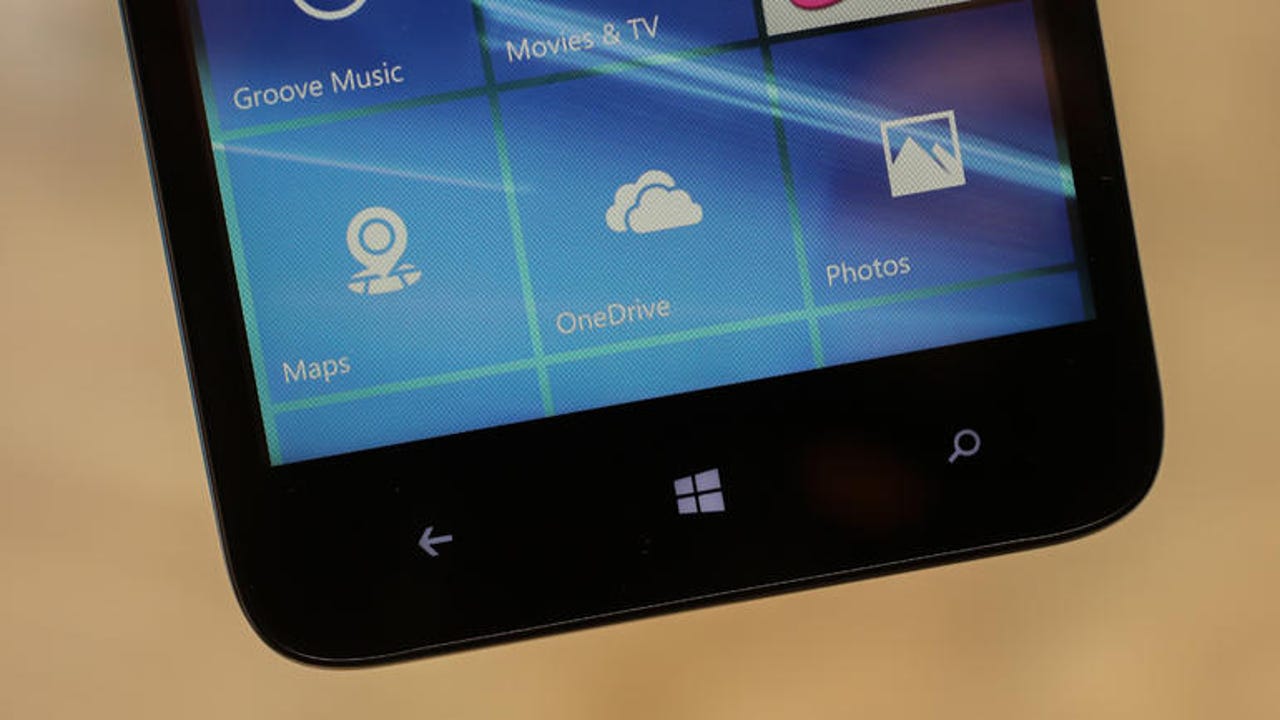The question every Windows Phone owner needs to ask: "Do I switch to Android or iOS?"


Windows Phone is dead.
Special Feature
I'm not the one saying that, it's folks with their finger on the Microsoft pulse. Folks like Tom Warren of The Verge and long-time Microsoft-watcher Paul Thurrott. Their analysis of the current state of the Windows Phone platform makes grim reading for anyone who is using it.
"With a lack of hardware, lack of sales, and less than 2 percent market share, it's time to call it: Windows Phone is dead," wrote Warren.
"To be clear, Windows phone is dead. Or, more aptly, Windows phone is a zombie, the walking dead," says Thurrott, before going on to say that "[i]f Microsoft didn't have near limitless financial resources and many successful products, Windows phone would have been put out to pasture long ago."
See also: iPhone 7: It's time for innovation and reinvention, not gimmicks
Remember how Windows Phone was predicted to close in on the iPhone by 2017? Yeah, about that.
Personally, I'm not even sure if "dead" is an accurate way to describe Windows Phone. From the point of view of sales, I'm not sure if Windows Phone was every alive in the first place. It was more like a corpse that occasionally twitched when Microsoft injected some cash or held a press event. Most people in the market for a smartphone don't seem to be aware that Windows Phone is a thing, with most carriers giving valuable shelf space over to smartphones that people want.
I have no doubt that there has been plenty of finger-pointing going on over at Microsoft HQ over the Windows Phone fiasco, and with good reason. Despite billions of dollars of investment, the company rushed a promising - and, to be perfectly honest, a pretty solid - platform into a coffin over the course of a few years. While some things just can't be helped - breaking into a market that was being dominated by iOS and Android was always going to be difficult - Microsoft's approach to the smartphone business more often than not seemed confused and half-hearted. Though the Lumia hardware was first-rate - and I wouldn't have expected anything less given its Nokia heritage - the Windows Phone operating system always felt like a work-in-progress platform.
To make matters worse, the ever-changing hardware requirements meant that the upgrade path for existing users was forever uncertain.
While consumers bought iOS and Android smartphones by the billions, Microsoft struggled to shift a little more than a 100 million devices. This poor market share has, in turn, resulted in developers turning their backs on the platform.
Microsoft shows off Windows 10 on mobile (pictures)
So where does that leave Windows Phone users, and where should they go? iOS or Android?
The truth is that it doesn't really matter, because whichever path you choose gives you access to a whole raft of Microsoft tools and services (no, iOS and Android don't restrict you to using Apple or Google services). Office, OneDrive, Skype, along with a whole array of MSN services, are accessible for both iOS and Android. And Microsoft is adding to this all the time, its latest acquisition being SwiftKey (which, ironically, was never available for Windows Phone). I've used many of these apps, and Microsoft has done a wonderful job of bringing its products and services to the Apple and Google ecosystems. The Office suite of apps is particularly respectable, and beats pretty much everything else on offer for either iOS or Android.
In fact, the truth is that if you're a big user of Microsoft services, then you're actually better off using iOS or Android because not only are there more apps on offer, but they're better than what Microsoft makes for its own mobile platform.
Microsoft also supports Apple Watch and Android Wear too, so you can hang out with the cool kids and their wearables.
Putting the specifics of the operating system on one side, as far as the apps and ecosystem system support goes, there's not a huge amount of difference.
Depending on how you use your Windows Phone you will undoubtedly be able to find the odd 'app gap' here and there, and things might not work in the same way on iOS or Android. If you have any specific needs that need catering for, then I suggest you do a bit of research and see which options will work best for you.
That said, you're still going to be able to do more on iOS or Android than you can on Windows Phone simply because of their broader, more mature, more developed app ecosystems.
So do some research, pick a platform and make the switch. And do it quick, just like you're ripping off a Band-Aid. It's what you're going to have to do at some point anyway, so it might as well be under your control. After all, even if Microsoft does release a "flagship" Surface-branded Windows Phone handset, it doesn't fix any of the fundamental issues vexing the platform.
See also: